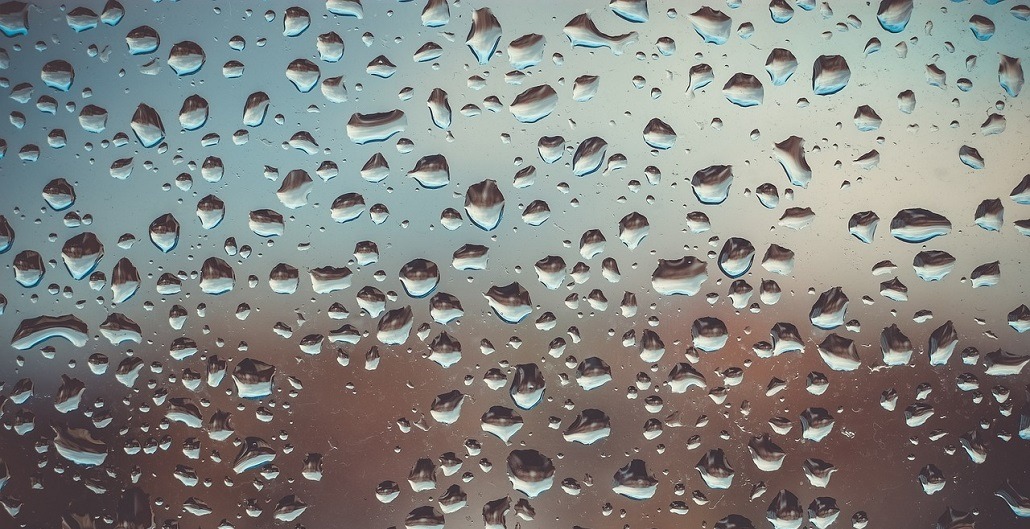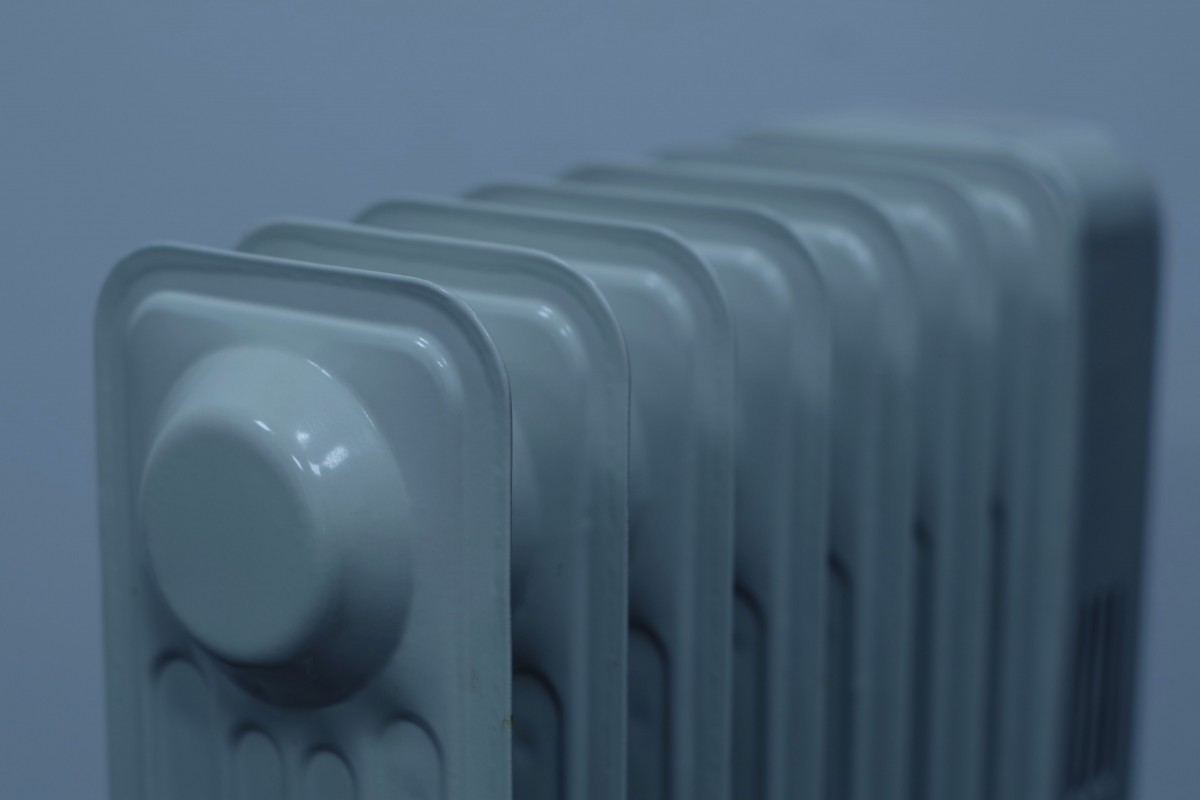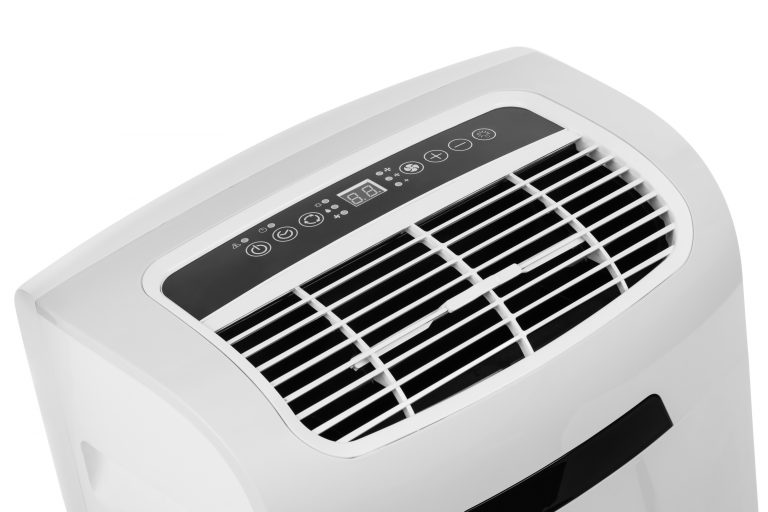5 Proven Ways to Lower Humidity at Home
Too much humidity in the air affects home comfort, cooling, and heating system function and your family’s health. For these reasons, you should be able to manage humidity indoors and make it a priority. If you want to reduce it, check out the following simple tips.
Why your excess indoor humidity in house bad?
It is critical to control the humidity levels because it directly affects the comfort that your family will experience, air conditioner maintenance and energy consumption. Indoor air quality is one of the biggest issues you have to always be attentive to.
Having excess humidity in your house is also bad because it can cause wet stains on the ceilings and walls and condensation on the windows. Too high humidity will also result in a clammy feel to the air, musty odor and moldy showers and bathrooms.
Excessive indoor humidity also makes your home conducive to the growth and reproduction of molds, which can appear and damage the area on which they cling.
Too much humidity can also lead to structural damage especially if it is unattended for a long period of time. In addition, excessive levels of humidity will also attract pests, such as bugs, because condensation supplies them with water.
On top of these, high humidity levels can also be dangerous for health especially if your house also has a high temperature.
As a result, the body’s ability to cool itself will be disrupted. This condition might lead to health problems, such as heat stroke. It can also trigger asthma symptoms and allergic reactions and can contribute to dust mite problems and existing allergies.
Especially with mold spores anywhere, they can pose more threats to loved ones with asthma and allergies.
Use a Dehumidifier
You need a dehumidifier with which heating and cooling companies can help you install.
One of the signs you need it includes persistent allergy symptoms in your loved ones. Other signs you should have it include water stains on the ceilings and walls and frequent condensations on the windows.
If you also spot black spots or mold spores in areas, such as the shower or bathtub or smell mildew and musty smell, you should definitely use a dehumidifier.
With it, you can reduce your home’s humidity level and allergens, including mildew, mold and dust mites. It can also get rid of that rotting or musty smell.
In addition, dehumidifiers can reduce respiratory and skin irritation. They can also help in drying clothes faster and prolonging food shelf life. You can prevent corrosion in your appliances as well.
Finally, it can reduce dust circulation, saving you time from cleaning too often and can also lower energy cost because it improves AC efficiency.
Don’t Boil Water on Especially Humid Days
Boiling water turns into steam, increasing humidity levels and moisture buildup in the air. This excess humidity will be absorbed by your home’s air. And if it’s humid outside, the humidity can also enter your home.
To reduce humidity, you should avoid boiling water on humid days. Otherwise, it can increase further. Not only that boiling water adds to humidity, but it also puts a strain on your cooling and heating system that has to work harder to maintain ideal relative humidity.
So if you want to prolong the lifespan of your AC and reduce maintenance cost, avoid boiling water on humid days.
Clean Your AC Filters
Air conditioning is one of the best ways to reduce humidity levels, keeping your home comfortable. The AC can pull in the air outside and filter out moisture.
With an efficient heating and cooling system, you can have peace of mind that your home will be dehumidified. To keep it running at an optimal condition, however, you have to make sure that your AC filters are clean.
Over time, they can prevent the flow of air due to a clog. When this happens, the humidity will increase and problems, such as mold spores, musty smell and allergens will occur. Moreover, humidity can cause some health issues as well.
You should have the AC filters cleaned in order to reduce humidity. Clean the AC filters within the indoor air conditioner every two weeks, but more often in a more polluted or dusty environment.
Why should you clean the filters regularly? It is one of the most essential maintenance tasks to keep your AC at its peak condition. As if it is efficient, it can also work more effectively in preventing excessive humidity. Otherwise, blocked filters can reduce its efficiency.
Alternatively, you can replace the AC filter every 30 to 60 days or more often if you suffer from allergies. Doing so, you can lower your energy consumption by up to 15%.
Take Colder and Shorter Showers
You can also reduce humidity by taking short and cold showers. If you don’t know yet, hot showers expose your home to heat that builds up moisture and leads to condensation. You can also use low flow showerheads that can help in reducing indoor humidity.
Final Thoughts
Excessive humidity at home is bad. It can increase allergens, such as dust mites, mildew and mold and make your AC work harder. If you want to reduce the overall humidity level in your house, follow the tips shared above and keep ideal humidity starting today!
Business Name – Elite Plumbing, Heating & Air Conditioning
Address: 3085 E Post Rd, Las Vegas, NV 89120, United States
Phone Number: 702-263-2665
SCHEDULE YOUR FREE ESTIMATE
We Provide Expert Air Conditioning Services in Las Vegas, NV






